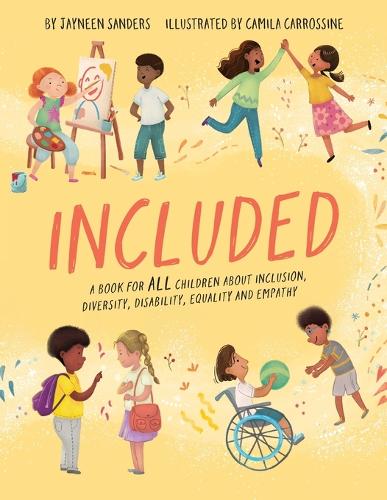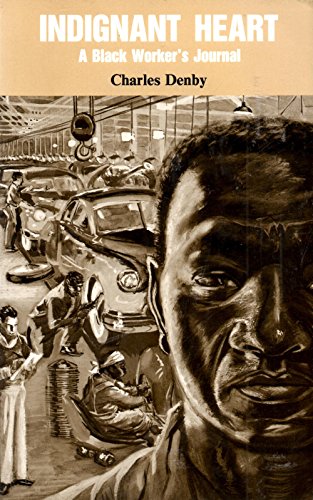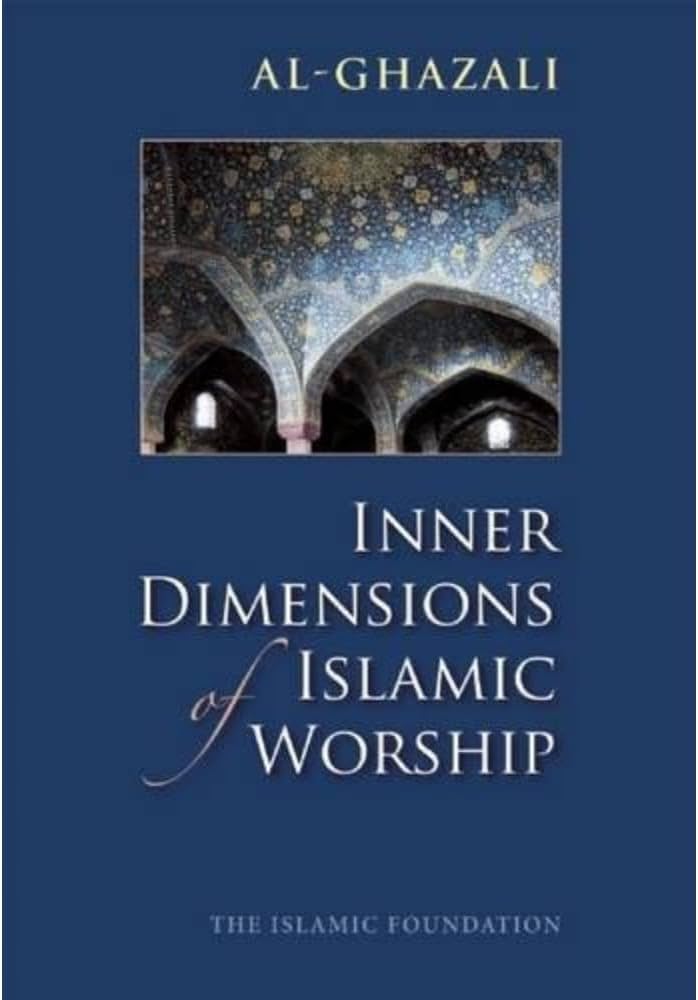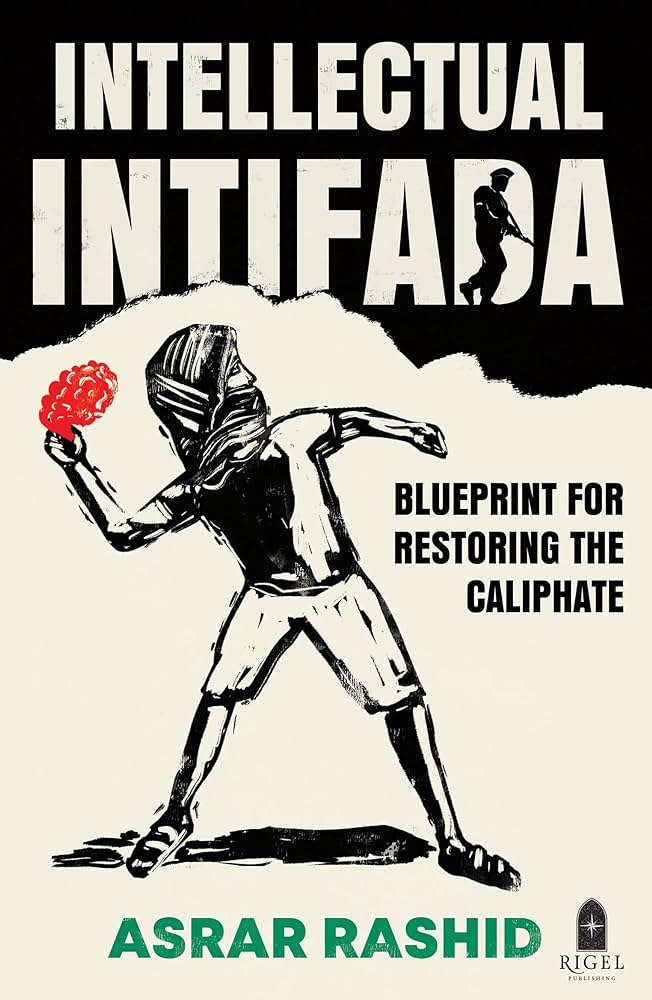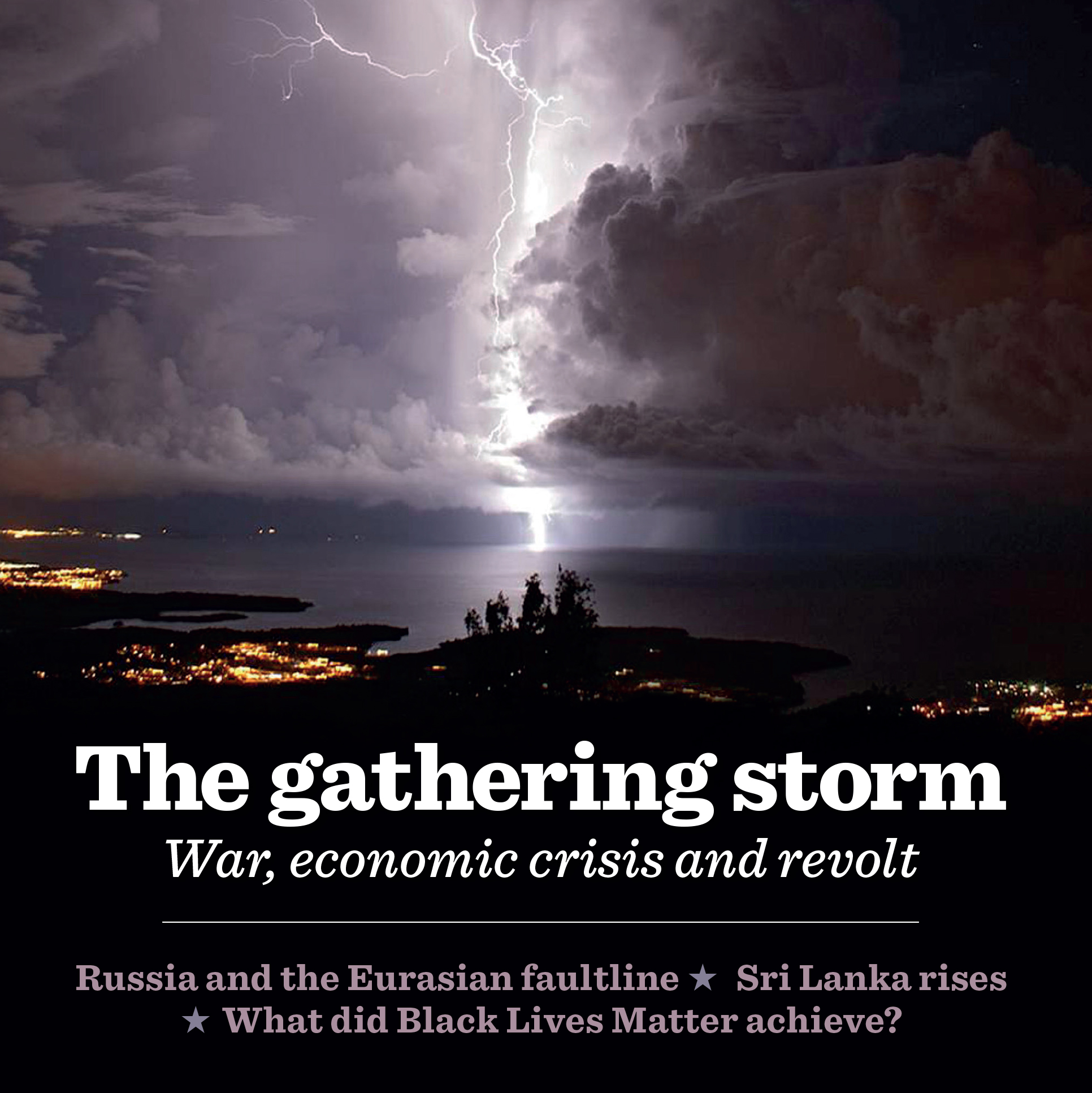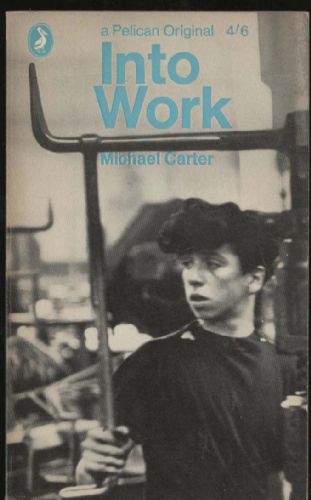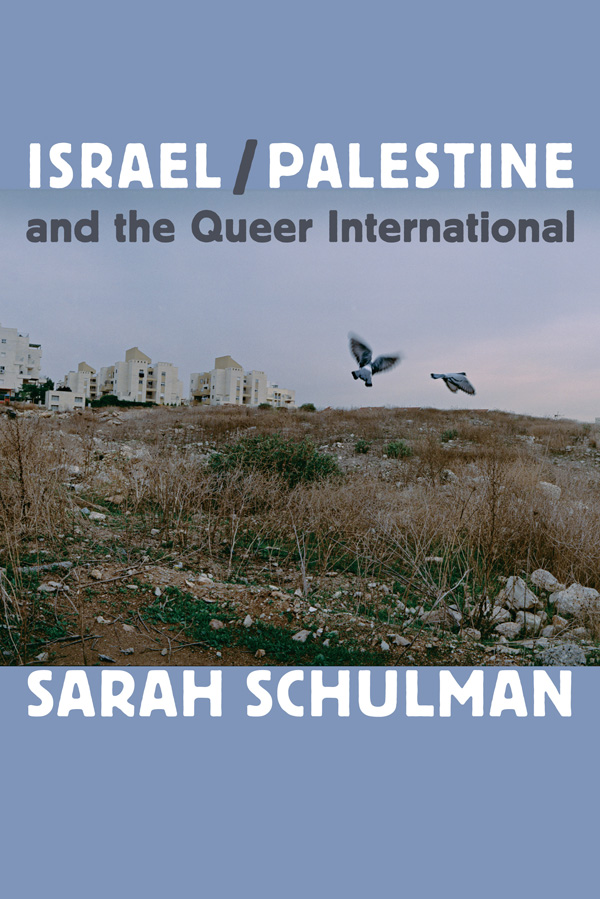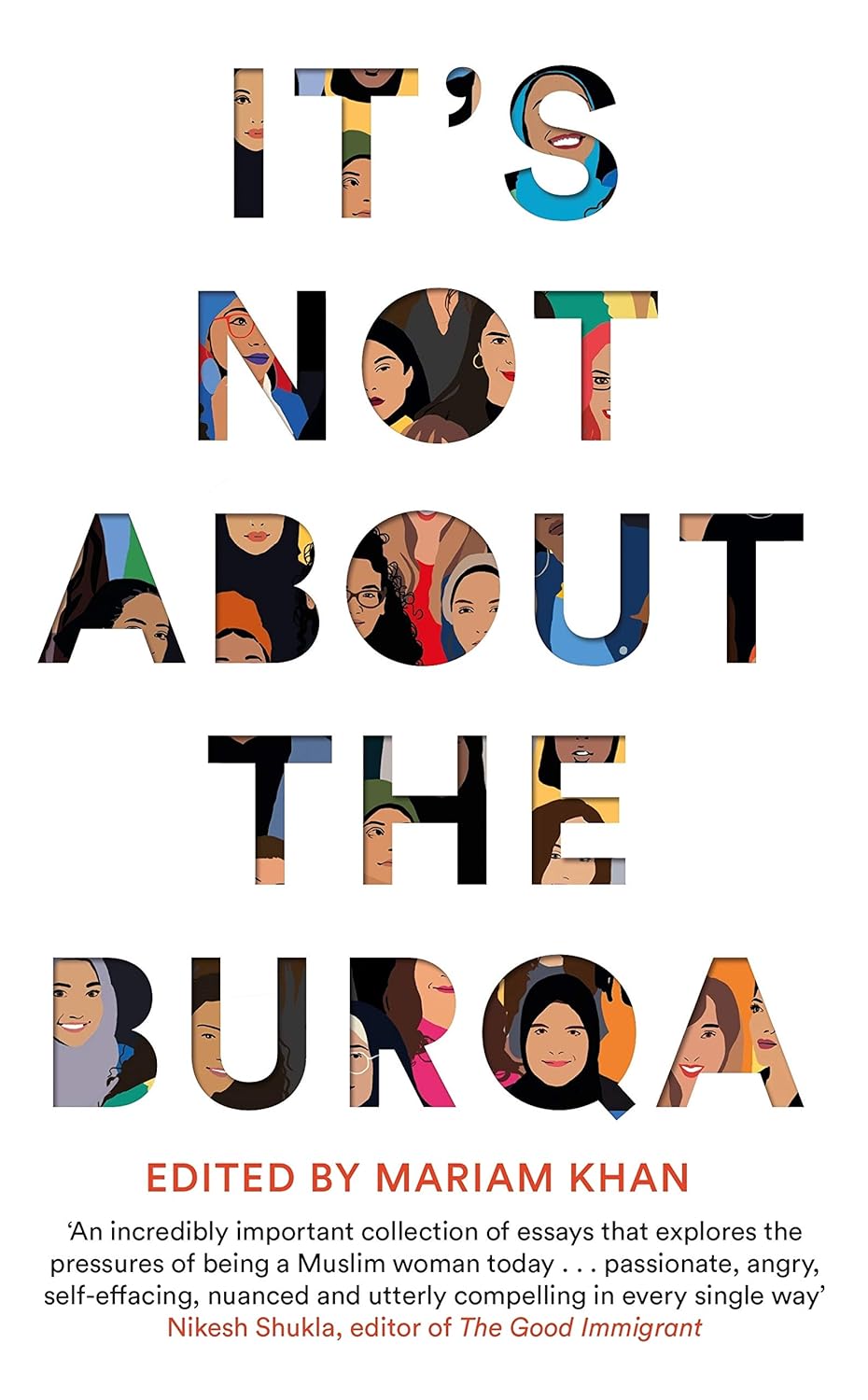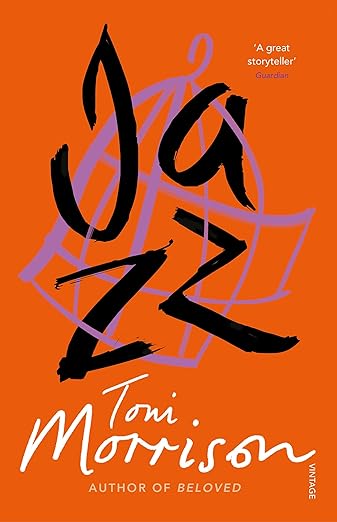Meet six wonderful kids. They love playing games, reading books, making stuff, and being silly. And like kids everywhere, they want to feel safe, loved, and included.
The reader is introduced to six amazing kids: Sam, Rishi, Jay, Audrey, Ty and Zara – each with unique abilities. ‘Included’ sets out to explore diversity and inclusion, and to ensure all kids understand that children with disability are just like kids everywhere – they have things they are good at and things they need to work on. And just like kids everywhere, they want to feel that they belong and that they matter.
This book provides the reader with ways they can be more inclusive in their play and encourages the celebration of diversity in all its unique and wonderful forms. Children will come away with a growing understanding that people everywhere have differing abilities, and this only makes the world a more colourful, exciting, diverse and amazing place.
Throughout the text, open-ended questions are provided so children can bring their own experiences to the narrative. Further Discussion Questions are included to spark important and thought-provoking conversations.
Suitable for Ages 3-6 and Ages 7-11
Charles Denby’s autobiography is a testament to the struggle for freedom. In the first part of his story, Denby recounts the hardships he endured growing up as a Black in the rural South. He escapes to the North only to discover a more sophisticated form of racism and bondage. The second part of his story, written 25 years after the first, chronicles his experiences in the mid-1950s as the Civil Rights Movement was about to explode. We hear his stories as an active participant in all the mass struggles of the next two decades-from the 1956 Montgomery Bus Boycott to the 1967 uprising in Detroit and the Black Caucuses in the unions that followed. It is from his participation in these human rights struggles that Denby’s prose gains its force. This new edition contains an introduction by the prominent Black labor historian William Harris and an appendix by the revolutionary philosopher Raya Dunayevskaya.
In this book readers are led on a powerful and inspiring journey through the inner dimensions of a range of Islamic acts, including prayer, almsgiving, fasting, and pilgrimage.
Consisting of a selection of writings by a great figure in Islamic history, Imam al-Ghazali, this book helps readers realize the benefits of the upliftment of their spiritual, social, and moral qualities.
Al-Ghazali (10581111), a towering figure in Islam, was born at Tus, near Mashhad in Iran, in the early Seljuq era. He wrote a large number of works, of which his magnum opus was the Ihya' Ulum al-Din compiled during his period of retirement and contemplation.
‘Intellectual Intifada’ traces the steps of the Prophetic model for the establishment of just governance—stepping round the misconceptions and misrepresentations of Islam, laying bare the collective responsibility of each believer to bring the Caliphate into being. Far from becoming an autocratic tyranny, Rashid shows that a concerted attempt—under the guidance of ijtihād and the ahl al-ḥall wa al-ʿaqd—to eliminate the unjust taxes, the punishment by inflation through usurious banking mechanisms, and the wastefulness of warmongering military budgets, may produce something close to the perfect example of society as established in Madinah. The intelligent way to change the disastrous state of affairs, or affairs of the state—Rashid never shies from calling a spade a spade—is to change oneself. To shake off the shackles of the monocultural consumer slavery that binds us requires—not in violent reaction—but an acute grasp of how things are.
The Pelican Original is the work of a sociologist who has specialised in education and delinquency. It stresses the present n=inadequacies in the passage leading from school to work, particularly for the thousands educated in secondary modern schools.
The more we educate, it seems, the vaguer school leavers are becoming about thier future careers. They wander unarmed into the jungle of industrial society: to the tiger they are merely fodder.
In this chronicle of political awakening and queer solidarity, the activist and novelist Sarah Schulman describes her dawning consciousness of the Palestinian liberation struggle. Invited to Israel to give the keynote address at an LGBT studies conference at Tel Aviv University, Schulman declines, joining other artists and academics honoring the Palestinian call for an academic and cultural boycott of Israel. Anti-occupation activists in the United States, Canada, Israel, and Palestine come together to help organize an alternative solidarity visit for the American activist. Schulman takes us to an anarchist, vegan café in Tel Aviv, where she meets anti-occupation queer Israelis, and through border checkpoints into the West Bank, where queer Palestinian activists welcome her into their spaces for conversations that will change the course of her life. She describes the dusty roads through the West Bank, where Palestinians are cut off from water and subjected to endless restrictions while Israeli settler neighborhoods have full freedoms and resources. As Schulman learns more, she questions the contradiction between Israel's investment in presenting itself as gay friendly—financially sponsoring gay film festivals and parades—and its denial of the rights of Palestinians. At the same time, she talks with straight Palestinian activists about their position in relation to homosexuality and gay rights in Palestine and internationally. Back in the United States, Schulman draws on her extensive activist experience to organize a speaking tour for some of the Palestinian queer leaders whom she had met and trusted. Dubbed "Al-Tour," it takes the activists to LGBT community centers, conferences, and universities throughout the United States. Its success solidifies her commitment to working to end Israel's occupation of Palestine, and it kindles her larger hope that a new "queer international" will emerge and join other movements demanding human rights across the globe.
'Jazz blazes with an intensity more usually found in tragic poetry of the past.... Morrison's voice transcends colour and creed and she has become one of America's outstanding post-war writers' Guardian Joe Trace - in his fifties, door-to-door salesman of Cleopatra beauty products, erstwhile devoted husband - shoots dead his lover of three months, the impetuous, eighteen-year-old Dorcas. At the funeral, his determined, hard-working wife, Violet, who is given to stumbling into dark mental cracks, tries with a knife to disfigure the corpse. Passionate and profound, Jazz brings us back and forth in time, in a narrative assembled from the hopes, fears and realities of black urban life. 'She wrote about what was difficult and what was necessary and in doing so she unearthed for a generation of people a kind of redemption, a kind of relief' Chimamanda Ngozi Adichie, New York Times BY THE NOBEL PRIZE-WINNING AUTHOR OF BELOVED Winner of the PEN/Saul Bellow award for achievement in American fiction

